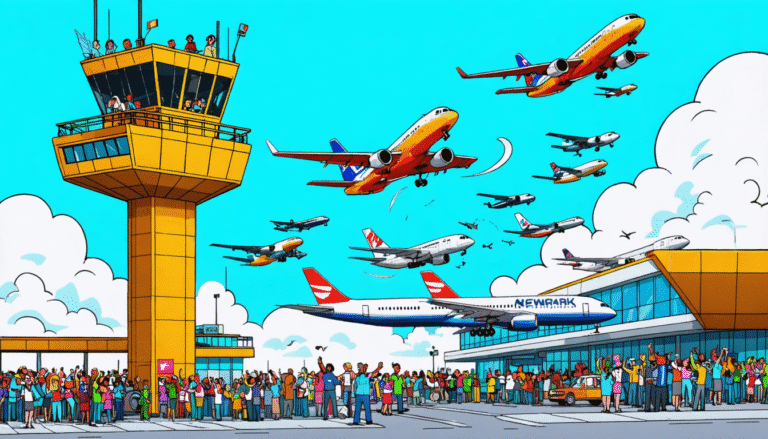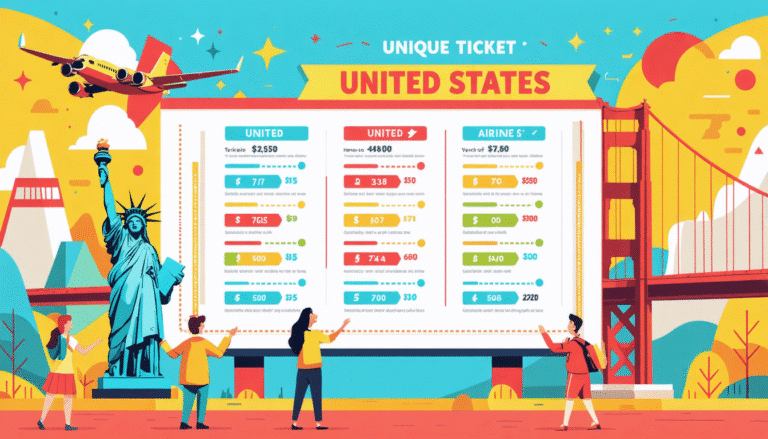|
IN BRIEF
|
Elite tourism crystallizes many tensions in the contemporary debate around overtourism. While mass travelers are frequently pointed out for the nuisances caused at major tourist sites and to the environment, a deeper analysis reveals that this criticism often obscures the responsibility, sometimes greater, of those who pursue exclusive and high-end tourism. This phenomenon, far from promoting a virtuous model, subtly exposes a certain class disdain and a desire for social distinction, while contributing to serious environmental and economic imbalances. This analysis will highlight the issues of elite tourism, the prevailing discourse on overtourism and its social implications, as well as its impacts on the visited territories and their populations.
Elite tourism and criticism of mass tourism: contrasting representations
The much-maligned figure of the vacationer in Bermuda shorts, flooding the beaches of Phuket or the areas around the Eiffel Tower, crystallizes the image of a popular overtourism. These visitors are accused of being responsible for pollution, price increases, and inconveniences for residents. For example, some iconic places, from the Trevi Fountain to the Calanques of Marseille, now limit access and require reservations to control crowds. However, this condemnation of the masses, often equated with the working class, obscures the practices of wealthy travelers who opt for exclusive and personalized stays that sometimes have equivalent or even greater impacts.
Democratization of travel: myth or reality?
The idea that travel is now accessible to everyone is largely exaggerated. In 2025, if two billion people travel internationally, it is primarily a sign of unequal economic development and the aging of a wealthy population, with the time and means to explore the world. Despite this apparent democratization, nearly 40% of French people never go on vacation. Therefore, mass tourism is far from total, and when we observe the reality of international mobility, class privileges remain prevalent, benefiting a privileged minority.
A latent class disdain in the denunciation of overtourism
According to geographer Rémy Knafou, denouncing overtourism often amounts to expressing a class disdain, opposing popular travelers to “distinguished travelers.” This stance aims to preserve tourist spaces for selected audiences, establishing a social barrier under the guise of ecological or heritage discourse. In reality, this stigmatization masks the persistence of an elite tourism, just as harmful to ecosystems and the local fabric as mass tourism.
Distinction tourism: a modern face of neocolonialism
Distinction tourism, claiming a search for “authenticity” and personalized experiences, sometimes recycles old neocolonial patterns. High-end clientele invests in protected sites, privatizes natural spaces, and imposes requirements that disrupt local economies and exploit a workforce at their mercy. This approach, disguised under the guise of cultural respect or humanitarian aid, proves particularly destructive for poor or fragile countries.
Overtourism: a shared responsibility
The rise of overtourism does not solely stem from the “hordes” of popular travelers but also from new consumption patterns driven by the elite. Digital platforms like Netflix, TikTok, or Instagram contribute to the homogenization and valorization of “exceptional” experiences, creating new flows and amplifying pressure on destinations. Tackling this phenomenon involves considering global solutions, from regulating attendance to implementing taxes, as highlighted by various innovative public policies.
Towards more balanced and responsible tourism?
In light of these issues, some destinations are attempting to reinvent their model by promoting a more sustainable, responsible, and equitable tourism. Thus, certain French territories, such as the Pyrénées-Atlantiques, stand out by developing eco-responsible and participatory initiatives. The challenge remains for the entire sector to ensure that criticism of mass tourism does not merely serve to legitimize exclusion and the privatization of access to world heritage, to the benefit of an already privileged minority.
Elite tourism, a reflection of an era
Ultimately, the criticism of overtourism made in the name of ecology or heritage preservation primarily questions the evolution of social relations and class relations in contemporary society. Tourist distinctions reproduce, on a global scale, the inequalities and distancing of a majority often accused of desecrating the sites that are intended to be reserved for an elite. Between legitimate environmental concerns and strategies of social distinction, elite tourism stands as a revealing factor of a latent class disdain, deeply questioning current models of mobility and wealth sharing.
To deepen the reflection on the sector and its perspectives, it is essential to consider the recent developments in international tourism as well as the major heritage issues associated with visitor flow management.









